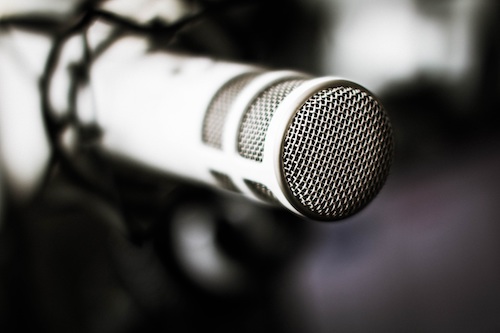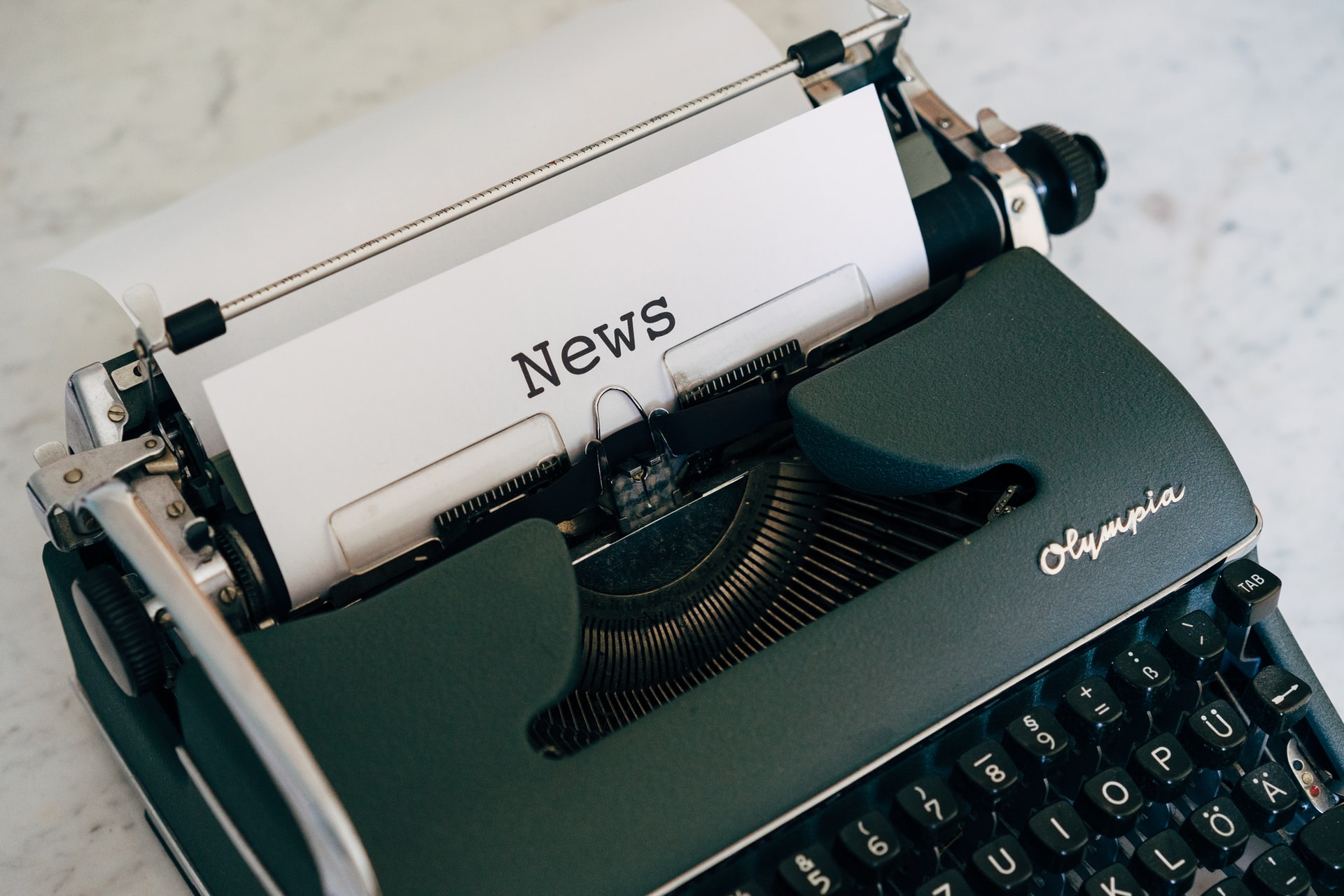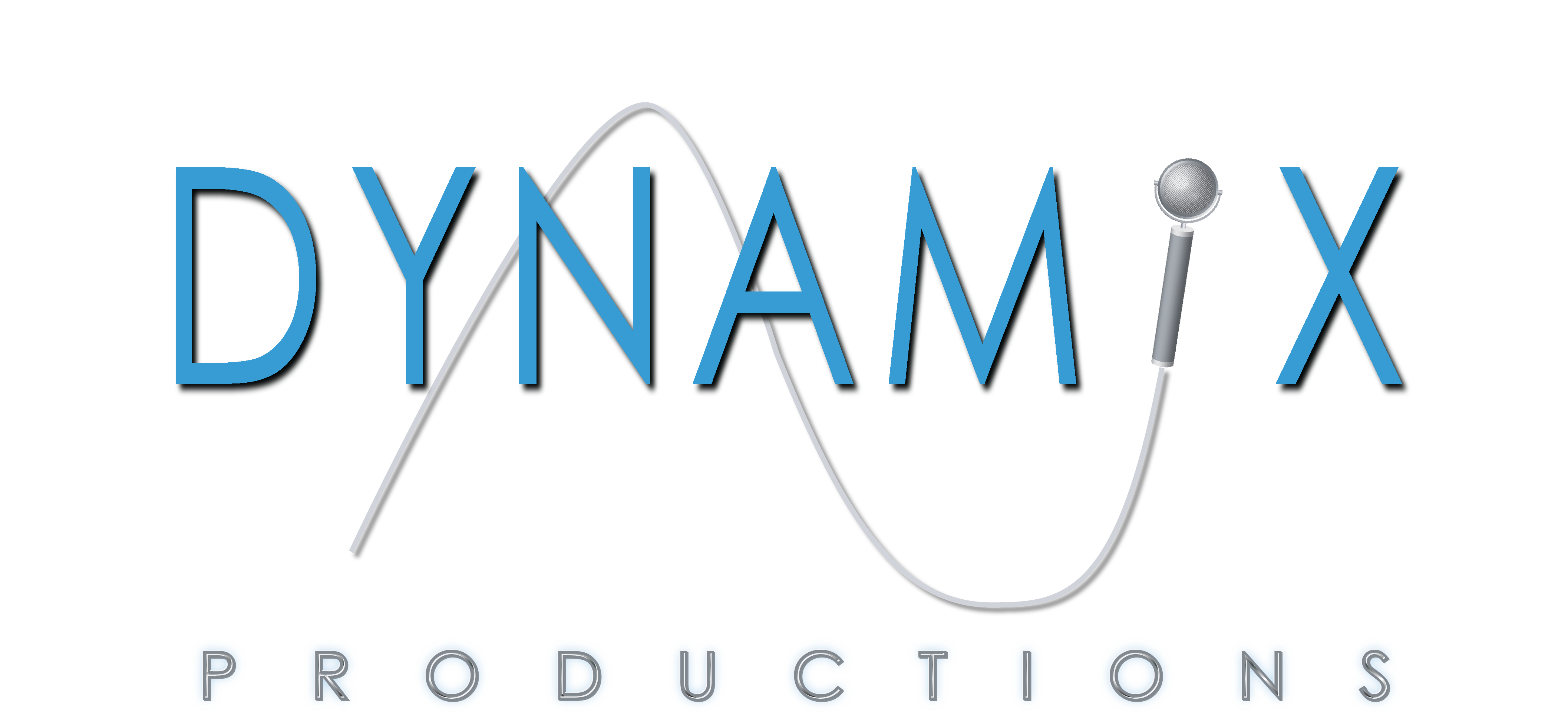
If you've never listened to a podcast, you don't know what you're missing. You're missing out on lively discussions about interesting subjects. You're missing out on the flexibility of choosing when you want to listen. You're also missing out on a format that eschews the restrictions of radio. There's a whole world of discussion, information, news, entertainment, and history waiting to be heard. Want to know more about training a Pointing Labrador? There's a podcast for that. Want to maximize your profits as a cabinet maker? There's a podcast for that. Are you into motorsports and racing? Yep, there's a podcast or two for that.
It's not radio
The beauty of a podcast is that it is not broadcast radio. There isn't a program director deciding what gets put on the air. There are no time limitations. Hosts and guests can be more natural with few restrictions. But the key difference is that a podcast is not a "broadcast." Radio is sent to everyone, regardless of their interest in the topic. A podcast is targeted to one interest, like a magazine.
And just like having a magazine subscription, podcast subscribers get new episodes as they become available. What could be easier? With the abundance of smartphones, many people listen while on the go. How do listeners find podcasts they want? Usually by searching podcast directories such as iTunes with keywords; while on web sites or social media pages; or from cross-promotion on broadcast programs, other podcasts, or print media.
Strengthen your brand
With all the upsides to podcasting, have you ever considered doing your own? Podcasting for your business can strengthen your brand while tapping into a rapidly growing audience. According to recent studies from Edison Research Infinite Dial and Nielson, 44% of Americans (144 million) have listened to a podcast. 48 million listen weekly. The data shows that these listeners are affluent and educated, avid social media users, and prefer the internet over traditional news services for information. This is too large of an audience for businesses to ignore. Though you may see podcasting as advertising for your business, your main goal should be to educate, inform, and/or entertain your audience while showcasing your product or service. A few examples of how this can be done are:
• A travel agency wants to promote their services. A bi-weekly podcast can take listeners around the world to different locations. Tips on local history, customs, restaurants, historical sites, etc. can engage subscribers. A conversation between an engaging host and interesting guests can spice up the podcast and keep listeners coming back for more. Topics on cities and countries are okay, but consider having podcasts that focus on travel scenarios such as "Off the beaten path dining in the Mediterranean," "Photography tips that will make your travel photos stand out," "Hostels in Europe for the frugal traveler," or "Navigating your way through customs in today's new travel environment."
• An auto repair shop that specializes in performance modifications and parts can have a podcast that talks with experts about hot rods, racing, and do-it-yourself mods. One feature of the show can be a Q&A with listeners about performance techniques and parts. The chief mechanic can provide a performance pro tip-of-the-week to demonstrate that the business is knowledgeable about the industry.
• A bookstore's podcast could center on local and regional authors. Interviews with authors, editors, publishers, and critics could really engage avid readers. There could be a special feature for writers, with a published author giving tips or answering listener questions about various topics on writing.
• A corporation could have regular podcasts for current or potential customers about market or industry trends, research developments, or human interest stories that surround their product.
• A healthcare organization could have a weekly podcast about health issues or ongoing research. Staying on the level of the listener will show that the organization wants to engage with and help its customers.
No one wants to have information shoved at them. Your business or organization can pull listeners in by becoming a listener yourself. What do you want to learn about? What interests or entertains you? If you want to know more about something, chances are your listener will too. The topic should come first, your product or service will naturally find its way into the narrative after that.
Audio quality does matter
Because podcasting is unregulated, just about anybody with a microphone can do it. I listen to many different podcasts, and the quality is generally good on most. If the hosts are great and the topic is very interesting, I can usually stomach mediocre quality audio. But I do find myself being distracted by noises, muffled sound, loud bursts, or bad edits. I have quit listening to podcasts with really good content because the quality of the sound was terrible and just too distracting. When that happens, I will usually soul search to see if it's the listener or the audio engineer in me that's dissatisfied. If it's me the listener, bye bye podcast.
If the podcast originates from a professional studio, I usually find myself not even thinking about the quality and instead being engaged. The host must be amicable or the subject interesting in order to keep listening, but audio quality doesn't enter into my decision. New or equipment-challenged podcasters often forget that audio problems can greatly detract from the message and lose listeners.
The face of your business
If the front door to a shop is falling off its hinges and the paint's peeling away, would you want to go in? What does that daunting door say about the business inside? Just like a front door, the sound of your podcast is the face of your business. What audio quality is acceptable to give a good impression and keep the audience listening? A reasonably quiet room with properly placed microphones. Even audio levels and seamless edits. Music or sound bites that are properly edited and have non-intrusive volume levels. If guests are not in the same location as the host, many podcasters use Skype or Google Hangouts. However, it's imperative that the audio not be choppy, muffled, or watery-sounding. There are some services that record the remote guest with better quality than a live stream recording, however that recording is only as good as the guest's microphone.
What's not acceptable? Music or sound bites that are too loud, noisy, or cut off. An echoey or excessively reverberant room. Loud background noises such as HVAC, traffic, pets, distant TVs or radios, clocks, fishtanks, etc. Most people don't realize how noisy a room is until they hear a recording of it. Our brains use psychoacoustics to filter out unwanted sounds that our ears capture. A microphone has no brain, so it hears everything.
Can I do it myself?
Absolutely. Following the guidelines above, many people can produce a technically good podcast, but it's hard work. Having good equipment helps, but will not magically make it sound awesome. The top priorities are:
1. The choice, placement, and correct use of microphones.
2. The location of the recording. A dead-sounding room is preferable. The reduction of background noise will go along way to eliminating problems later on.
3. A good recorder or interface and software that allows each microphone to be recorded on a separate track.
4. Software that allows easy editing. Good plugins like equalization and compression help the final product sound more polished and similar to well-produced and popular podcasts.
How can Dynamix help with my podcast?
If you haven't figured out by now, Dynamix can record, edit, and mix your podcast. We can also just de-noise, edit, and mix a podcast you've recorded yourself. If you decide to record here, we have ultra-quiet studios that clients that National Public Radio, ABC-TV, HBO, 20th Century Fox, Disney Pictures, Sony Pictures, and Warner Brothers Studios use. We have benchmark equipment such as Neumann U-87 microphones, Yamaha consoles, and Apple Computers. Our recording and editing software, Steinberg Nuendo, is used to create Oscar and Grammy award winning projects. We have de-noising software used on just about every current major television show or movie.
And we have the expertise. I've been a recording professional since 1985 and have worked on countless commercials, documentaries, films, television shows, corporate videos, audiobooks, radio broadcasts, and music projects. We record podcasts for major corporations, news outlets, organizations, and individuals. We know how to get proper audio levels, edit the cadence of speech, blend in music and sound bites, remove noise, mix and master, and package a podcast into the proper format for publication and delivery.
Let us help you with your podcast. You will have peace of mind and be able to concentrate on your podcast content and performance. We can even help with that, advising you how to pace your delivery, segment your subject matter, avoid common mistakes, and get an overall engaging sound to your podcast. And it won't cost an arm and a leg. Contact us to find out about our flexible podcast package pricing.
Tags: Podcast, Podcasting, Marketing, Branding




